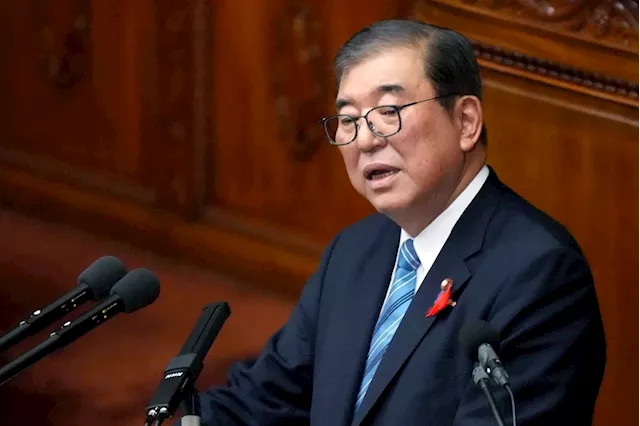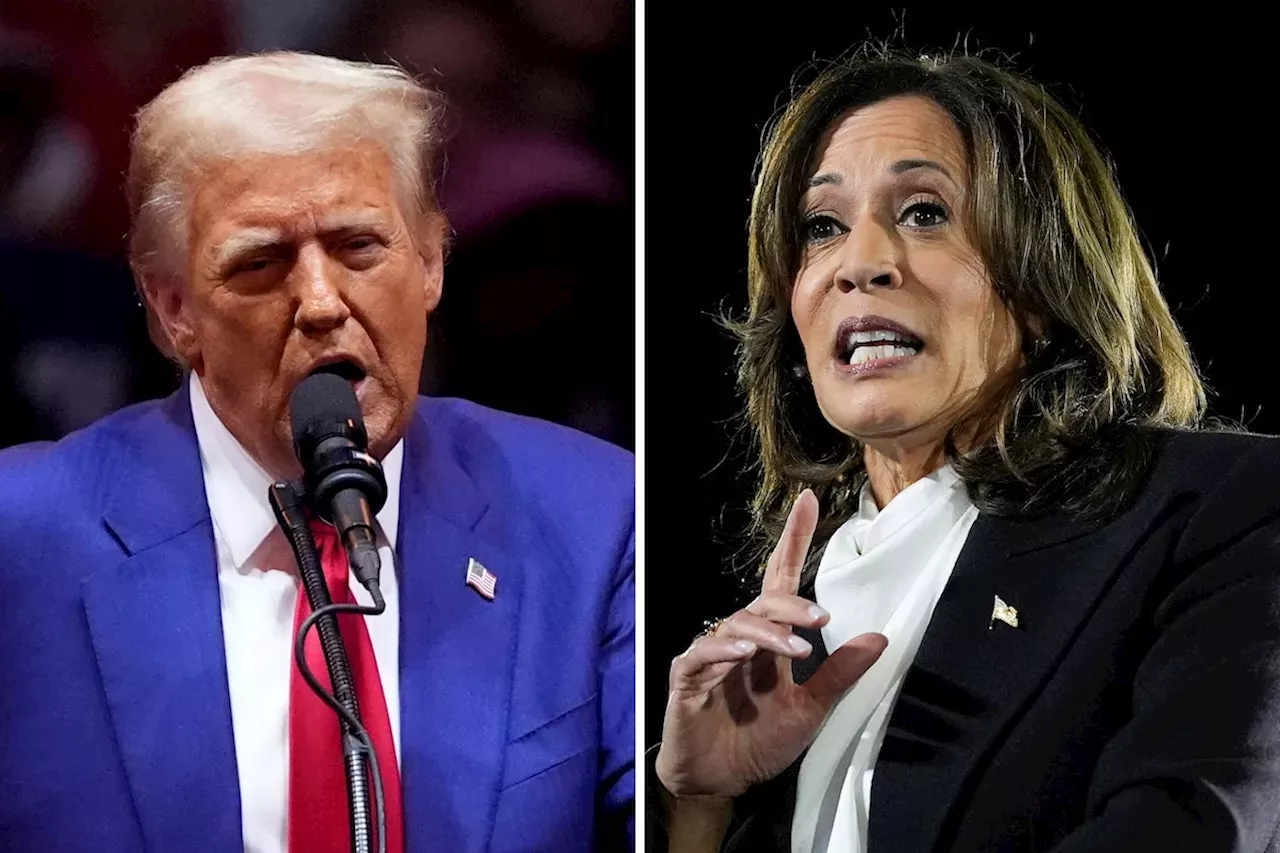Voters in the United States are heading to the polls on Tuesday to pick their next president in a too-close-to-call election pitching Republican Donald Trump against Democrat Kamala Harris.
Investors may just be rooting for a clear result, fearing a potentially contested election and lengthy period of uncertainty about the government makeup as a significant risk to markets.The day after the U.S. election, the Fed kicks off its meeting on interest rates. The elephant in the monetary policy room is how the decisions by the next U.S. president will impact growth and inflation dynamics.
Trump’s threat of 60% tariffs on China has rattled the country’s industrial complex, which sells goods worth more than $400 billion annually to the United States. A Trump victory - and potential tit-for-tat trade war - would weigh on export-reliant economies. The resulting rise in U.S. inflation and a stronger dollar might force the Fed to cut rates more slowly, while other central banks are left to grapple with a hit to growth from those extra duties.The Bank of England is expected to cut rates by 25 bps on Thursday. Possible inflationary effects of the Labour government’s new budget might mean fewer cuts in 2025, no matter what happens in the U.S.
المملكة العربية السعودية أحدث الأخبار, المملكة العربية السعودية عناوين
Similar News:يمكنك أيضًا قراءة قصص إخبارية مشابهة لهذه التي قمنا بجمعها من مصادر إخبارية أخرى.
 Rate cuts and politics, say no more: World market themes for the week aheadWhat investors will be watching over the next seven days
Rate cuts and politics, say no more: World market themes for the week aheadWhat investors will be watching over the next seven days
اقرأ أكثر »
